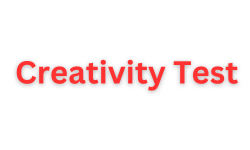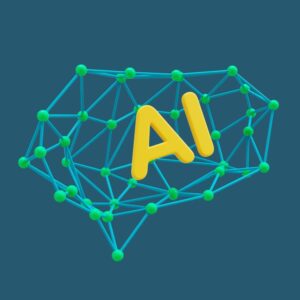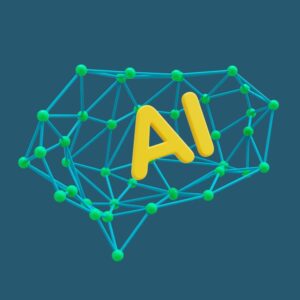Table of Contents
ToggleCreativity Test
A test commonly used for evaluating Creativity Test, AI’s ability to mimic human creativity has reached new heights, raising questions about the nature of artificial creativity. In a study published in Scientific Reports, AI chatbots, including OpenAI’s ChatGPT and GPT-4, outperformed humans in the Alternate Uses Task. While this achievement is remarkable, there is a debate among AI researchers about whether AI systems are genuinely creative or merely adept at passing human-designed tests.
For AI Creativity Test, Researchers asked three AI chatbots i.e. ChatGPT, GPT-4 and Copy.Ai which is built on GPT-3 with generating as many unique uses as possible for items like a rope, a box, a pencil, and a candle within a mere 30 seconds. The AI models were instructed to prioritize quality uses for each of the items over quantity in their responses. These Chatbot was tested 11 times for each of the four objects. The Researchers also asked 256 human participants the same instructions.
To assess the Creativity Test of both AI and human responses, researchers used two methods. First, they used an algorithm to gauge how closely each suggested use aligned with the object’s original purpose. Second, six human assessors, unaware that some responses were generated by AI, rated the responses on a scale of 1 to 5 in terms of creativity and originality. While AI responses received higher average scores than human responses, the top-performing human responses surpassed the AI models.

The Philosophical Implications
t’s essential to clarify that the study’s aim was not to demonstrate that AI systems can replace humans in creative roles. Instead, it raises philosophical questions about what defines the uniqueness of human creativity. Simone Grassini, co-leader of the research and an Associate Professor of Psychology at the University of Bergen, Norway, notes that technology has made significant strides in imitating human behavior in recent years.

However, some experts caution against equating AI performance in creativity tests with original thought. Ryan Burnell, a senior research associate at the Alan Turing Institute, suggests that AI chatbots, often considered “black boxes,” may draw upon their training data to generate responses. This means they may not truly exhibit creativity but instead rely on patterns and knowledge from their training data.
Anna Ivanova, an MIT postdoctoral researcher, believes that studies comparing AI and human problem-solving approaches are valuable. However, she emphasizes the need to consider the differences in how humans and AI models tackle problems. Small adjustments, like rephrasing a prompt, can significantly impact AI performance.
In conclusion, while AI’s ability to excel in Creativity Test is impressive, it does not necessarily imply true creative thinking. As AI technology continues to advance, exploring the distinctions between human and artificial creativity will remain a captivating and thought-provoking area of research.

